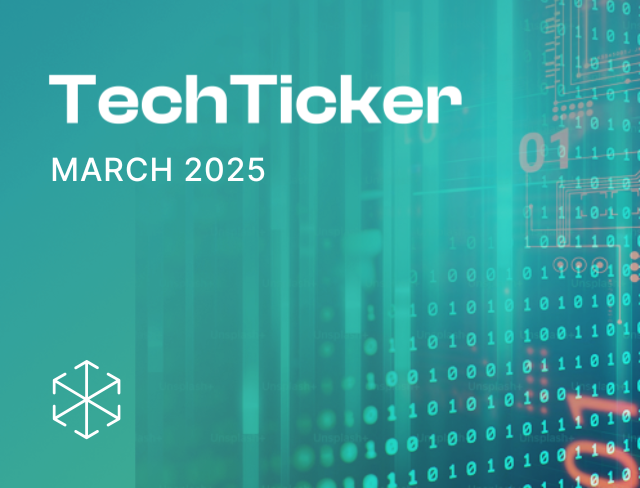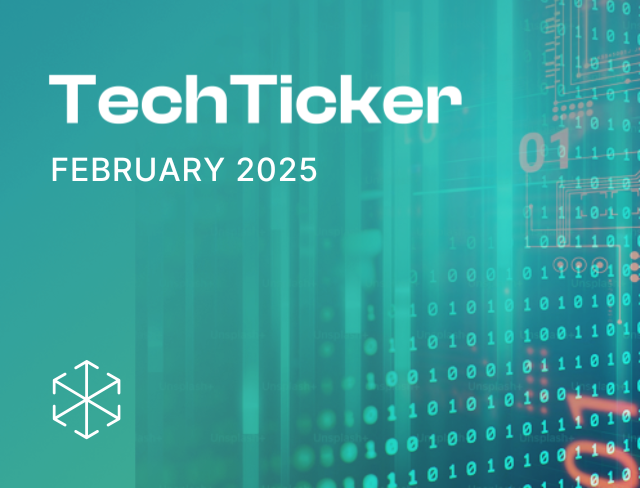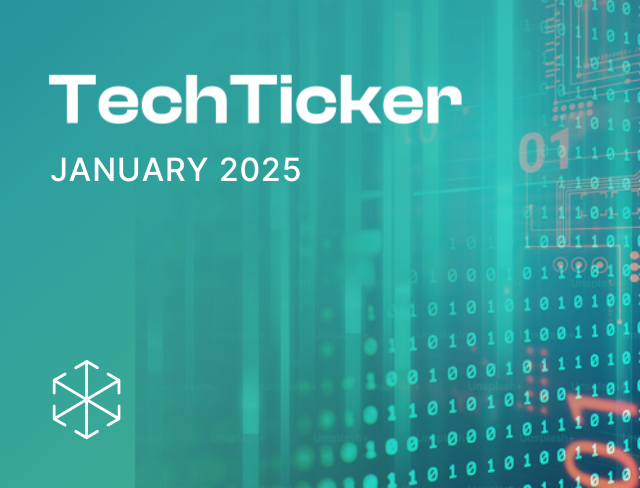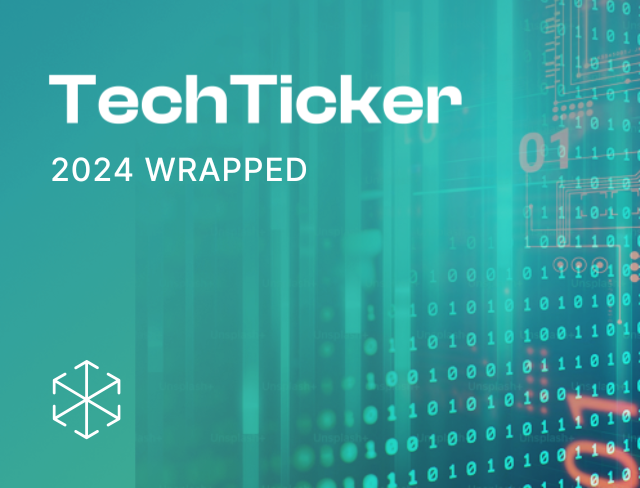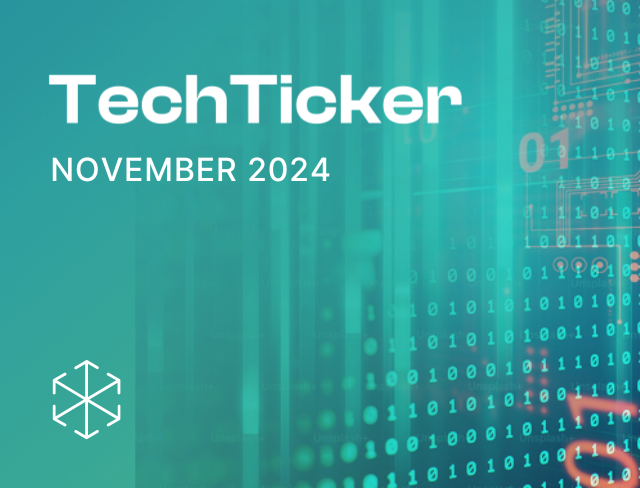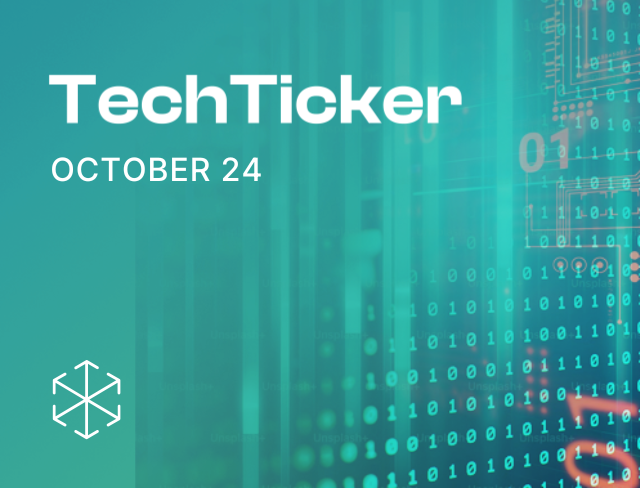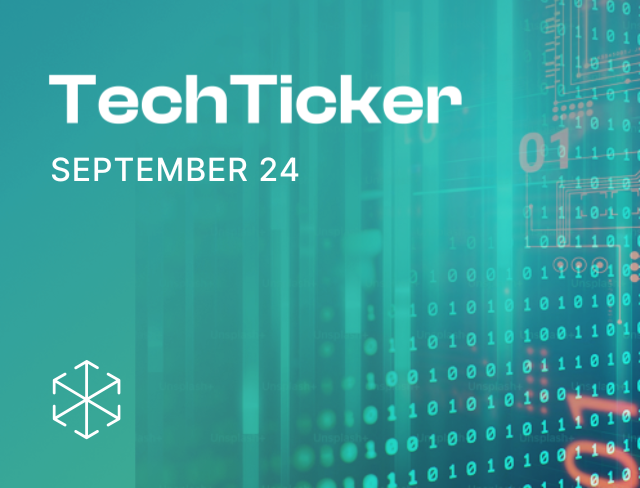
The festive season is upon us, and the government has gifted us tech policy consultations aplenty! In this edition, we take a look at what is happening in telecom, e-commerce, healthtech and online gaming. While some of these developments might be onto something, others feel like the notorious urge to touch wet paint.
Let’s get to it!
When you play (certain) games in Tamil Nadu – you only lose
What’s happening? Recently, the Tamil Nadu government introduced an ordinance regulating online games. The ordinance has now been passed as an Act. It applies to service providers that host their services in Tamil Nadu (called a local service provider). But what hosting means is unclear. This could mean hosting services on a Tamil Nadu-based server. Or offering services to users in Tamil Nadu. It also applies to service providers that house their ‘central management and control’ in the state. The ordinance empowers the government to create a body called the Tamil Nadu Online Gaming Authority, to regulate the gaming ecosystem in the state. Offline games will continue to be governed by the Tamil Nadu Gaming Act, 1930.
What’s prohibited? What’s not? Online games of chance played for money are banned – specifically, rummy and poker (which many courts have held to be games of skill). Banned games cannot be advertised. And financial institutions are prohibited from facilitating banned activities. As for online games not banned by the ordinance, local service providers will need to get registered with the government. It is unclear what skill based and chance-based games mean – given the broad definition of ‘games of chance’. It is also unclear if free-to-play games of skill will need to get registered – given the broad definition of ‘online games’.
Expert view: The industry has called out the conflict in treating games of skill as gambling and games of chance. The Tamil Nadu government, on the other hand, argues that rummy and poker in the offline world may be games of skill. But that does not necessarily apply to online versions of these games.
Remember when? This ordinance comes after the committee led by retired Justice K. Chandru (Madras High Court), recommended banning all online games played with stakes in the state. The state government had previously banned online games, by amending existing state laws. This ban was overturned in August 2021, by the Madras High Court. However, the Tamil Nadu government appealed the order in the Supreme Court in December 2021. Now, the Supreme Court has asked companies to respond to the Tamil Nadu government’s assertions.
The new telecom bill: a 21st century rehaul or still too archaic?
Recapping all that has been said and done: The telecommunications department released the draft Indian Telecommunication Bill, 2022. Through this, the government aims to consolidate and update archaic laws governing the sector. The bill is open for consultations till 30 October.
Is everything the light touches a telecom service provider? The bill expands the definition of telecommunication services. It now includes over the top (OTT) communication services like WhatsApp, Signal and Telegram. Which means they’ll be governed by the same licensing rules as telecom service providers (TSPs). And will need a Unified Access Service Licence requiring them to retain information like KYC details and comply with encryption standards, among others. TSPs argue that if the services are functionally similar then they should be regulated similarly. The OTT camp believes that they rely on TSPs to provide their services and cannot be competitors. They also argue that there are technical and infrastructural differences between how TSPs and OTT operate.
Taking a closer look at the definition of a TSP, it appears that any service on the internet may be impacted. For instance, would a gaming platform that provides a communication service within its platform be a TSP?
5G, coming to a city near you: The bill discuses certain elements of 5G infrastructure and lays out the policies for spectrum allocation. It allows TSPs to share, trade or lease any unutilised spectrum. While auction remains the primary way to assign spectrum, for certain functions (such as satellite-based services like teleports), spectrum may also be assigned administratively.
Abort message, spam alert: The bill attempts to curb spam messages, given that India is one of the worst countries impacted by this. Messages that are advertisements, promote services, or business opportunities can only be sent after a user’s consent.
A tryst with surveillance and internet shutdowns: The bill continues to award the government wide powers of surveillance and shutdowns. Internet services can be suspended for public safety. It also contains surveillance provisions which the Supreme Court has previously questioned. It retains concerning provisions relating to interception (which will now apply to other communication service providers too). This might potentially require regulated entities to break end-to-end encryption. Read Ikigai and DSCI’s whitepaper analysingf encryption laws in the India.
Polarizing views: The Cellular Operators Association of India, representing Indian telecos, termed the bill reformative. They said it’s another milestone in transforming the sector to a modern one with a future-ready legal framework. Meanwhile, the Broadband India Forum criticized the bill’s potential to stifle innovation and adversely affect investor sentiment. It also shared that the bill is regressive as it dilutes the power of the Telecom Regulatory Authority of India. Trying to placate the stakeholders, the government clarified that “all views will be considered in the final bill”.
Read Ikigai’s detailed summary on the bill here.
In case you missed it
Stars have aligned for
- Open Network for Digital Commerce (ONDC): Last month, the ONDC issued a consultation paper on ‘Building Trust in the ONDC Network’. The paper discusses ONDC’s architecture, its core principles, how existing laws on e-commerce are likely to apply to participants and ONDC’s network policy, among other things. It leaves open several questions on major issues. How can ONDC enhance trust on the network during the transaction lifecycle and governance? How can it increase fairness in search and discovery for buyers and sellers? The paper is open for consultation till 31 October. In other news, day 1 of ONDC’s Bengaluru rollout saw only 161 orders. Alas, our Bengaluru team’s pin codes remained unserviceable! The Department of Industry and Internal Trade is also working on an ecommerce policy – which is expected to be released once the ONDC stabilizes and data privacy issues are addressed.
- Artificial intelligence (AI) and ethics: The Indian Council for Medical Research released the draft ‘Ethical Guidelines for Application of Artificial Intelligence in Biomedical Research and Healthcare’. The guidelines aim to ensure safe development, deployment, and adoption of AI powered technologies healthcare delivery. They discuss principles such as autonomy (of patients), data privacy, liability and accountability (i.e., individuals/organizations must account for their activities, accept responsibility for their actions), etc. The guidelines are intended for use by experts and ethics committees when they review research proposals with AI powered solutions.
- Data: The minister of state IT, Rajeev Chandrashekar said that the new version of the data protection law will relax provisions on data localisation and cross border flow of data. Provided that citizens’ data is safe and the government can legally access the data. The new draft is expected to go through extensive consultations before being placed in Parliament. Separately, an unnamed official shared that the new draft will not change the core principles of data safety and the right to privacy outlined in the older version. They also said that provisions on sensitive personal data (such as health, tax and income data) cannot be vague. The new draft may clearly detail the financial and penal provisions in case of data breaches. Reportedly, the National Data Governance Framework Policy, which governs non-personal data sharing for start-ups, has been sent to the Cabinet for a final nod.
That’s all from us, folks! We’d love to hear your thoughts on the top stories of the week and the new update to the tech ticker. Write to us at contact@ikigailaw.com

